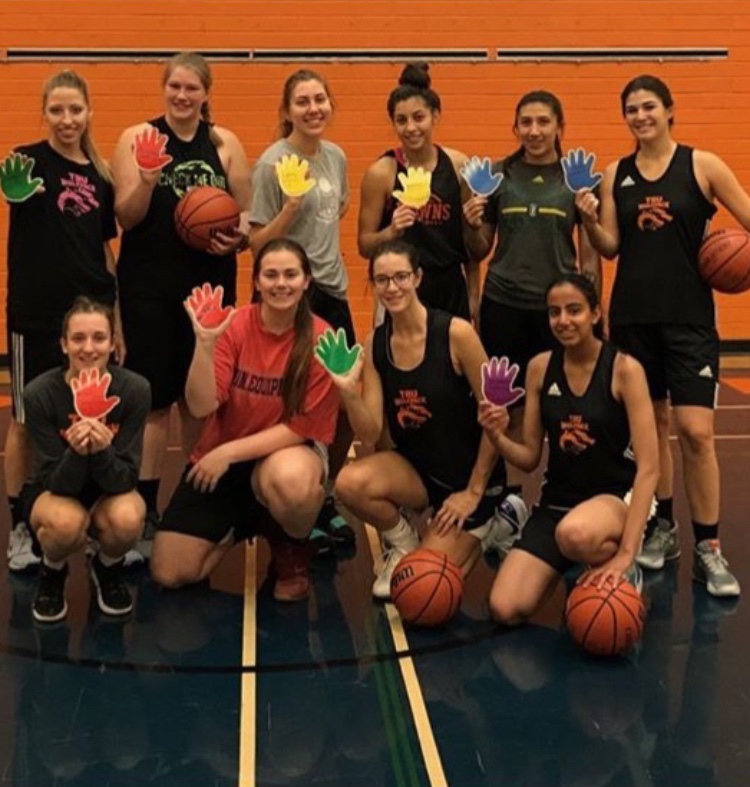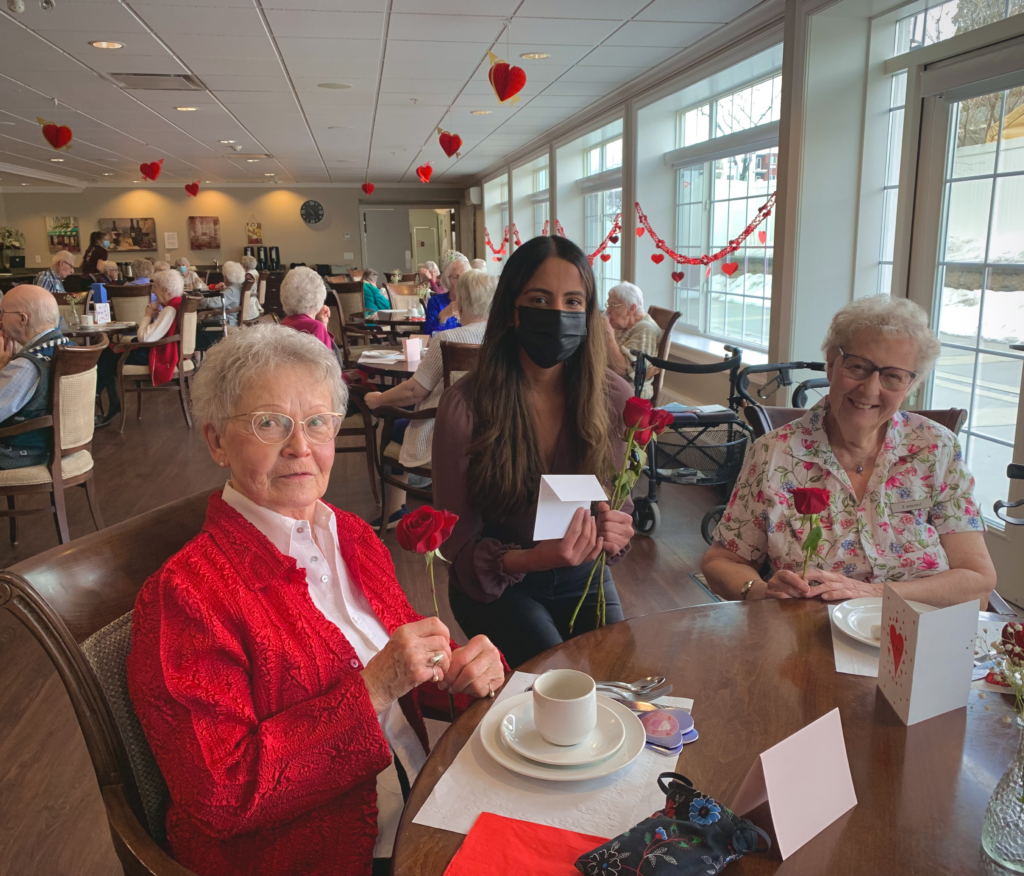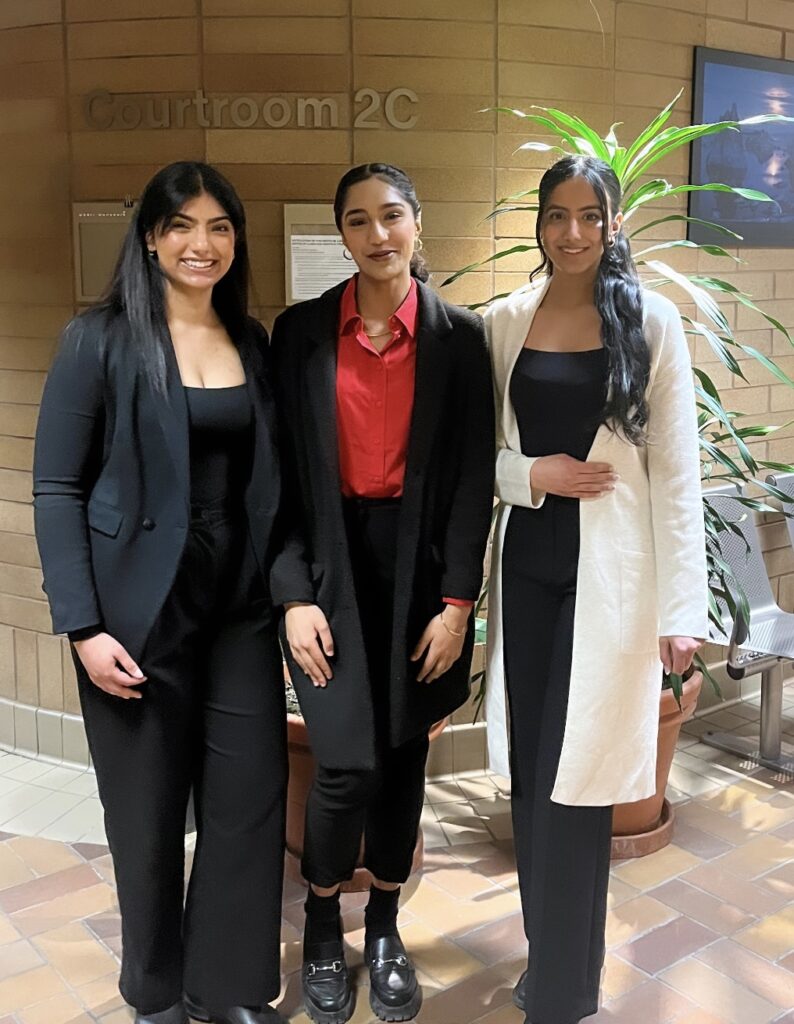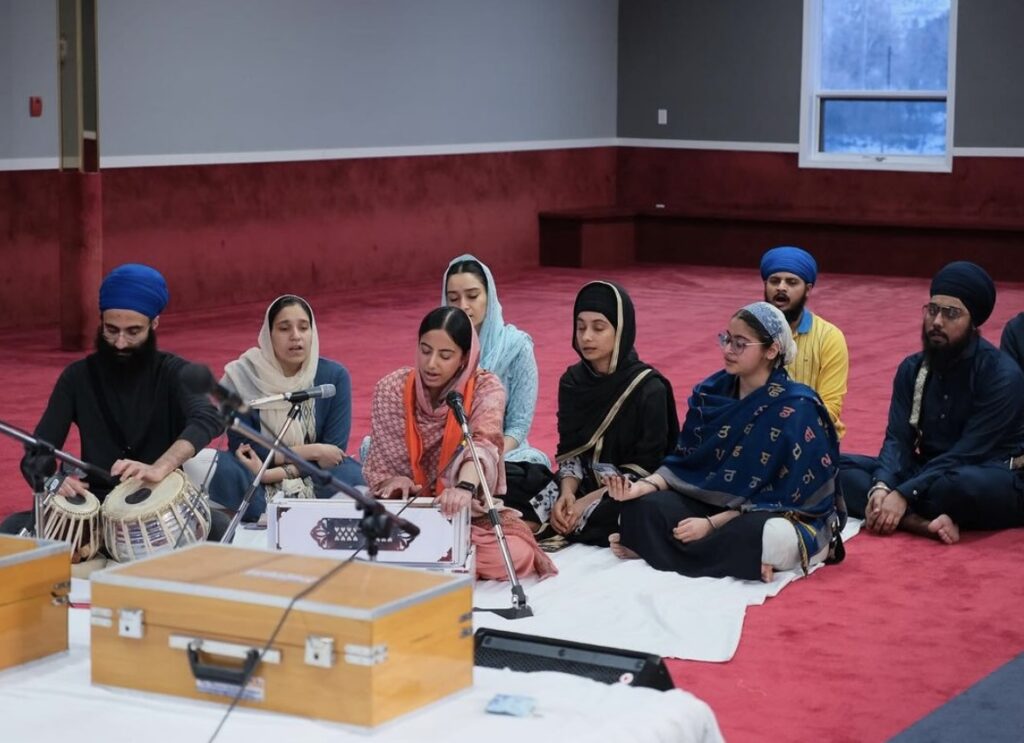My passion for supporting sustainable and inclusive communities, combined with my background in Communications, has inspired me to pursue a Master’s degree in Urban Planning. I am especially drawn to the challenge of integratively balancing the technical, political, and environmental aspects of planning. I believe that all three are essential for shaping resilient, community-focused spaces. I am dedicated to advancing urban planning practices that prioritize the unique needs of diverse communities while fostering economic and social vitality. As Jane Jacobs emphasized, cities thrive when they are built with people at their core.
Through my Bachelor of Arts in Communications, I have developed skills in analyzing social dynamics, empathic design and co-creation methodologies, fostering open communication and conveying complex ideas to diverse audiences. I have applied these approaches in practical settings, from community engagement in my family’s floral business to coordinating voluntary initiatives while working with the Thompson Rivers University UNICEF club.
As an Urban Planner, I want to contribute to the field by improving the quality of life in the City by designing livable neighbourhoods, enhancing public spaces, promoting active transportation options like walking and cycling, and ensuring access to recreational amenities and cultural resources. I also aim to play a vital role in promoting sustainable development practices. This will help by reducing the negative impact on the environment and improving long-term sustainability. Incorporating resilience, resource efficiency, and environmental conservation into urban development methods is crucial.
Urban Planning is a subject that I am extremely passionate about since it shapes how people live, work, and interact in urban environments while addressing important global concerns like social justice, public health, climate change, and economic development. We can build more resilient, inclusive, and livable cities for both the now and the future by giving sustainable urban design priority. I am confident that my dedication and skills will contribute significantly to this work.
Institutional Learning Outcomes

Connection: Playing on the women’s basketball team for my first two years at Thompson Rivers University was more than just a sport, it was an experience that deeply connected me with my teammates through teamwork. There was a great sense of shared purpose among us as we worked towards the same objectives of winning games, developing our skills, and representing our school. Our teamwork consistently involved collaborative problem-solving, whether it was planning strategies for games, cooperating to overcome problems in practice, or settling disagreements within our team. We were more dependable on one another both on and off the court as a result of this process, which increased our mutual trust and support. Our success was largely dependent on our ability to communicate effectively, which allowed us to plan plays, give constructive criticism, and make sure that everyone was on the same page regarding the team’s tactics. Additionally, participating on the team allowed me to learn from my teammates in a variety of ways, including new techniques, insights into other playing styles, and valuable leadership lessons from our coaches and team captains. In addition to helping me become a better basketball player, these experiences taught me the value of teamwork, open communication, trust, and lifelong learning to accomplish shared goals.

Engagement: Having a small business while I am a student at Thompson Rivers University has given me a chance to get to know the Kamloops community on a deeper level. One of the most meaningful aspects of this engagement was our collaboration with a local Starbucks and the women’s shelter. Through our business, we were able to support and contribute to the shelter’s efforts to give women coffee and bakery items. This partnership fostered a sense of community and social responsibility by enabling us to actively engage in activities and initiatives planned by the shelter. Furthermore, on Valentine’s Day, we contacted the Shores Retirement Residence in Kamloops where we donated roses to all the seniors. This experience challenged me to think creatively about how our business could make a positive impact beyond financial transactions. It taught me the importance of using business as a tool for social good and how small gestures of kindness and support can make a significant difference in people’s lives. Overall, I found that these interactions with the community that I had through my small business were very important to me. They not only challenged me to step outside my comfort zone, but they also gave me a sense of social responsibility and inspired me to continue making a positive impact in the lives of others.

Exploration: Throughout my time at Thompson Rivers University, I have extensively explored and developed my critical thinking abilities in a variety of ways related to my academic studies. I was challenged to critically assess many points of view, and create well-reasoned arguments in courses like Digital Communities (CMNS3210) and Empathic Design (CMNS3700), which improved my capacity for critical thinking and helped me approach challenges effectively. Being a part of the Pre-Law Society club allowed me to use critical thinking outside my classroom. My ability to solve problems and make judgements has been developed by leading teams, making strategic decisions, and analyzing results. The learning experience at Thompson Rivers University has challenged me to think critically, tackle problems strategically, and develop my critical thinking and problem-solving abilities skills that will be useful in both academic and professional settings.

Local-to-Global: The small tourism project I worked on this semester has given me a great opportunity to apply the best practices and intercultural principles to professional and community involvement. I gained knowledge on how to discuss cultural differences, change my communication style, and develop strong connections with people from different backgrounds. Through evaluating and addressing issues caused by cultural differences, such as different expectations, communication difficulties, and cultural norms, this experience not only improved my intercultural awareness but also improved my critical thinking skills. I also gained more local-to-global intercultural understanding by participating in charitable events. These events often involved working with volunteers, donors, and participants from different cultural backgrounds, requiring empathy and effective communication. These experiences represent my self-development in local-to-global intercultural awareness and critical thinking skills. They showed me how critical thinking is necessary to navigate difficult cross-cultural interactions while building meaningful connections and creating social impact, and they emphasized the value of cultural awareness in professional and community settings.